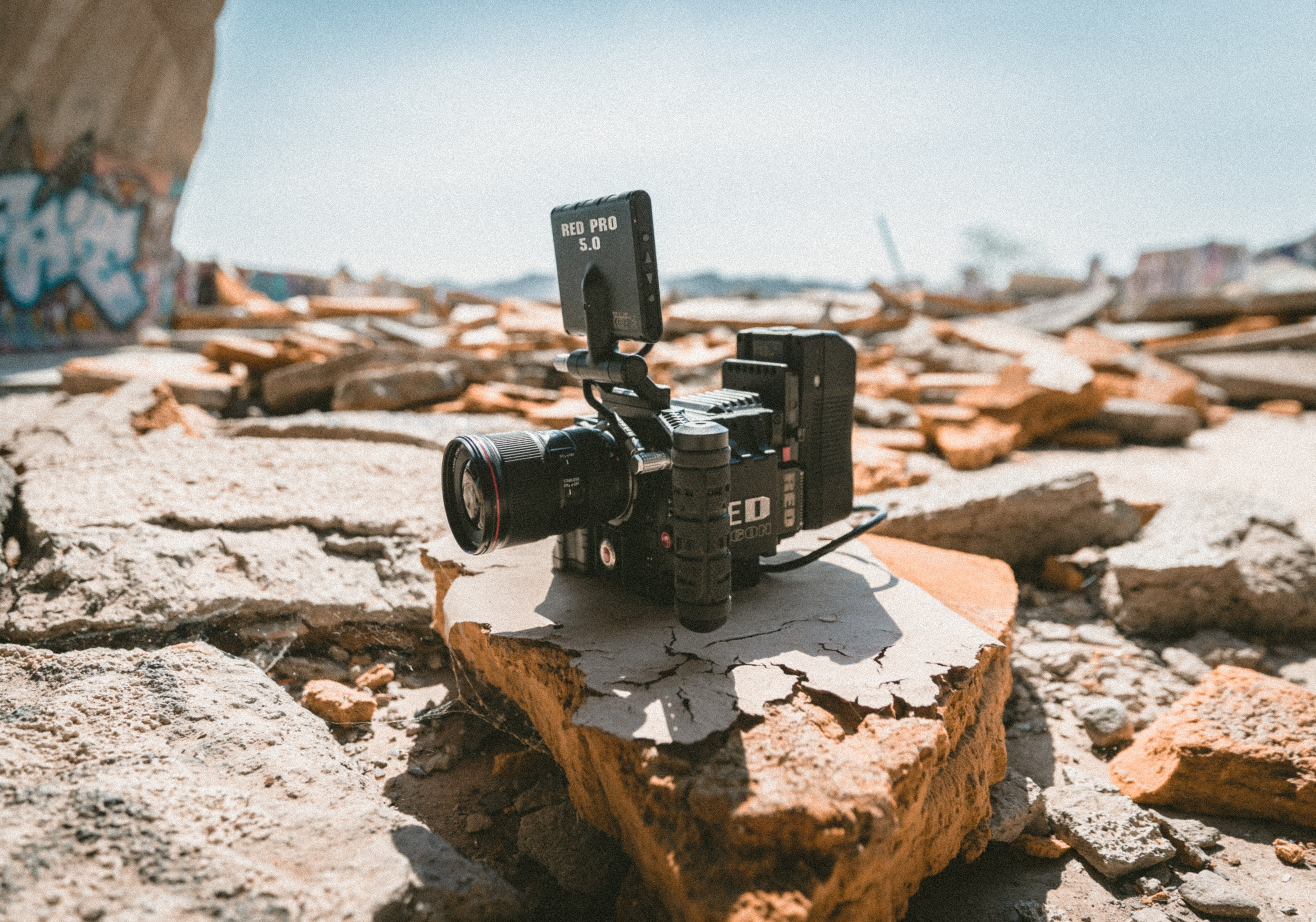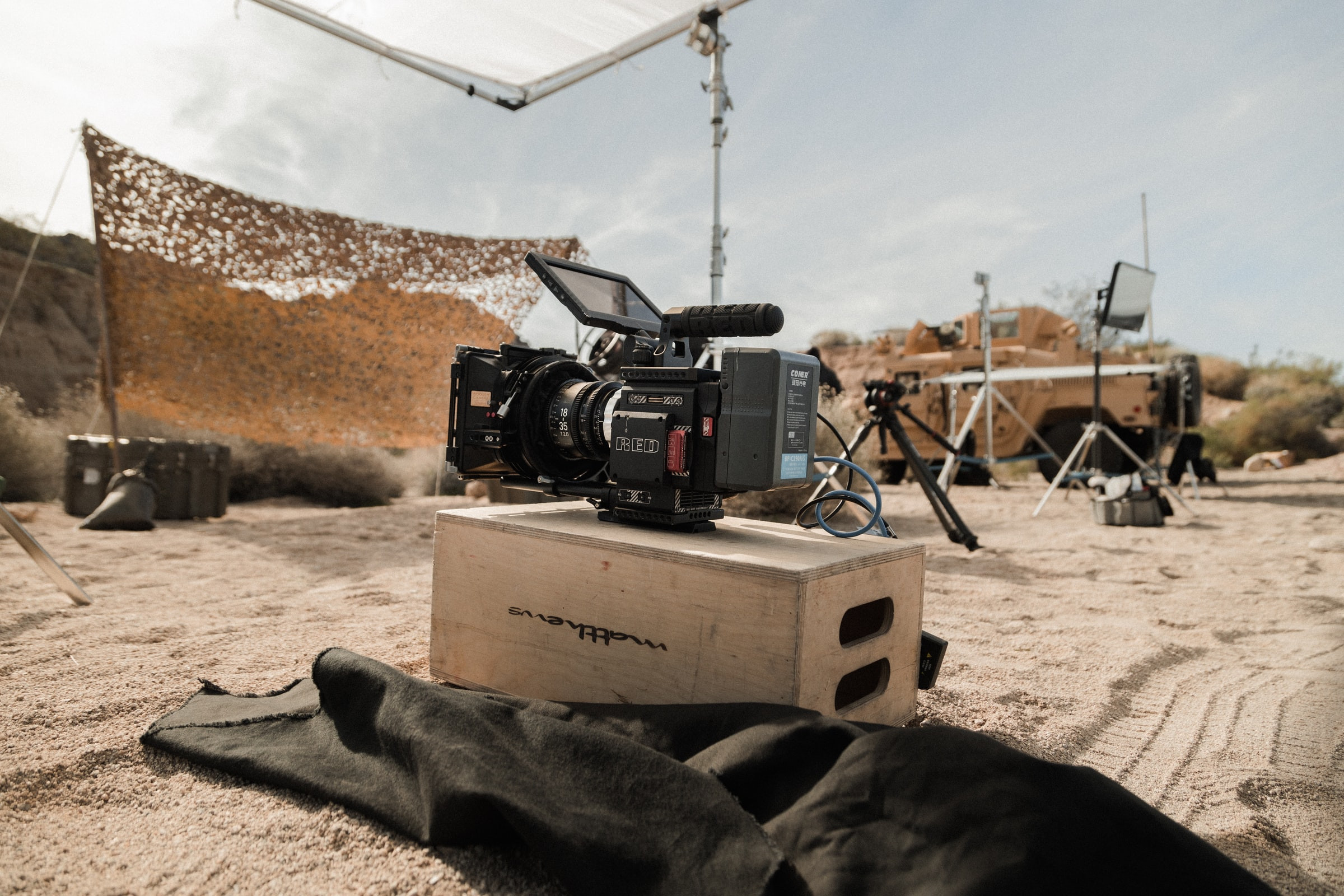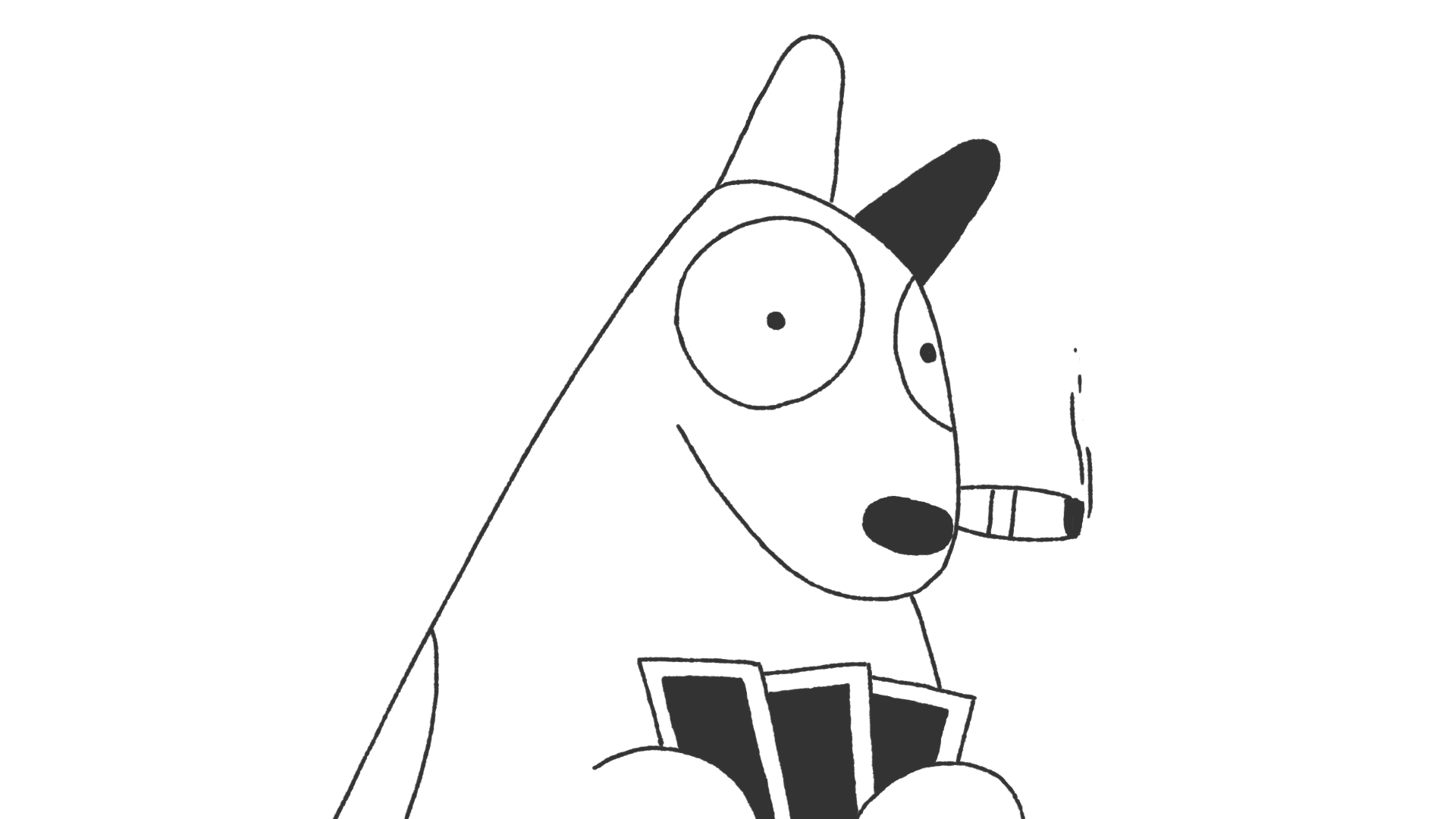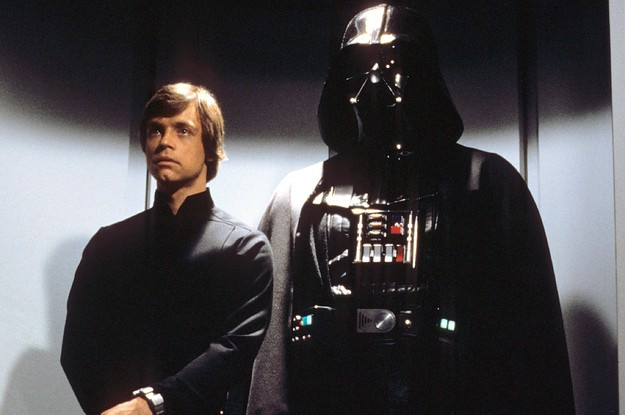How to Write Your First Short Film: Step-by-Step Guide for 2026

- What is a short film?
- How long is a short film script?
- Why are short films important for aspiring filmmakers?
- Step by step screenwriting guide
Short films win Oscars, launch careers, and delight audiences with tasty, bite-sized stories. In this post, we’ll show you how to write your own.
If you’re new to the filmmaking or screenwriting game, then a short film can be a great way to make a statement and get noticed. With a gripping five-minute short story, you’ll be able to flex your filmmaking muscles and start picking up awards for your trophy cabinet. Here’s how to do it.
What is a short film?
Hollywood doesn’t have any specific rules about how long short movies should be. That said, the average length of short films is about 20 minutes. Most filmmakers keep their short films to an absolute maximum of 50 minutes (but that’s on the long side).
Just like feature films, short films are complete stories with a beginning, middle and end. The main difference is that they’re… well, a lot shorter. Successful short films tend to be super focused with a compelling story, and are often shot at one location with a very small cast.
Boords is storyboarding software built for studios & agencies
Create consistent storyboards fast, iterate quickly, then share for feedback.
Try Boords FreeHow long is a short film script?
In screenwriting, one page of your script is usually equivalent to one minute of screentime. So if you’re looking to make an average, 20-minute long short film, you’ll want your short film script to be about 20 pages long.
Short film Paperman
Why are short films important for aspiring filmmakers?
If you want to work in feature-length films, you might think that making short films is a waste of time. Not so fast! Creating short films isn’t merely a bit of film school homework. In fact, the best short films set your filmmaking career on a whole new trajectory.
Find representation
Short films act as a calling card to help you find future directing or writing work, or secure representation – especially if you’re just starting out. It’s easy to distribute a short film and it helps hotshot agents and managers get a feel for a filmmaker’s way of working.
Get noticed
Film festivals like Sundance have helped countless directors make an impression, so submitting your short film to a film festival can be a way to get noticed. Just remember that the shorter the film, the better your chances – most film festival programmers want to screen as many shorts as possible.
Self-distribute
Distributing an independent feature film to a wide audience can be pretty tricky. But short films are easy to post online thanks to sites like Vimeo and YouTube. Just remember that you’ll need to do a bunch of research to find your target audience. Uploading your film to a platform is no guarantee that people will see it.
Secure funding
Successful short films can act as a proof of concept for a larger project, enabling the screenwriter or director to secure cash for a full-length feature film or TV show. Just ask Damien Chazelle, whose movie Whiplash started as a short film and went on to pick up tonnes of awards.
Step by step screenwriting guide
Watch a load of short films
If you want to pick up an armful of Academy Awards, then you’re going to need to get inspired and see how the pros do it first. Luckily, there are a lot of great sources out there to help when you’re writing short films.
- The 20 best short films of the decade
- The 50+ best short films of all time
- ShortsTV
- Pixar’s theatrical shorts
- Short of the Week
Short film example: The Birds Upstairs
Read some short film scripts
You’ll probably find it helpful to read some short film scripts, especially if you haven’t written one before. Here are some links to databases of produced and unproduced scripts:

Brainstorm short film ideas
The first step in creating your own short film is figuring out what you want to write about. A brainstorming session can help you get all your ideas out and see what resonates.
You might want to explore some writing prompts like:
- What have been the most pivotal moments in your adult life?
- What defining events can you remember from your childhood?
- What is it that you love about your favourite films?
These prompts can throw up a theme that you can explore further, like a particular relationship or event. From there, you can start listing out the moments, beats and dialogue that you want to feature in your short film.
At this stage, it’s important not to critique your ideas too much. Just start writing and see what comes out. There’ll be plenty of time to edit and refine your ideas later.
Short film example: Best
Storyboard the outline
Whatever the genre – sci-fi, live-action or rom-com – short films, like feature films, need a beginning, middle and end. So once you’ve distilled your brainstorming session down into a single idea that you can carry forward, it’s time to start outlining the story.
At the storyboarding stage, you’re trying to flesh out the general structure of the film, so you don’t need to know what’ll happen at every moment. That said, other writers like to know every scene or beat in their short film before they start writing. It’s all down to your personal approach.

Write the first draft of your script
Using your storyboard as a reference, you can now start writing the first draft of your short film script. Short films follow the same screenplay formatting as feature films – they’re basically short screenplays.
A good general rule for script writing for a short film is to pop into each scene as late in the action as possible, and get out as soon as your character’s got what they needed from the scene. You only have limited time in a short film, so don’t waste it on a storyline, exchange, or backstory that isn’t crucial.
Short film example: Irregulars
Rewrite the script
You might think that the hard part’s over once you’ve got the first draft done. Nope! Writing a great short film takes a lot of editing, rewriting and general head scratching. So the fun’s only just begun.
Once your first draft’s ready, you might want to share it with other people for feedback (it’s a doddle with Boords). Then you can either refine your draft, or start from scratch again. Later in the process, you’ll find you’re only fine tuning small things, like a part of a scene or a tiny bit of dialogue.

Keep it simple
Lots of screenwriters complicate stories that can be told quite simply, adding too many main characters or plot twists. You might be able to pull off multiple storylines, time periods, or points of view, but it could pay to keep it simple – especially if it’s your first film.
The more complicated your story is, the harder it’ll be to make it land with your audience.
Short story example: Fauve
What next?
We've got plenty more articles that can help with your short film craft, whether you're new to filmmaking or a seasoned pro. Have a sniff around our blog, or check out some suggestions below:
Get your FREE Filmmaking Storyboard Template Bundle
Plan your film with 10 professionally designed storyboard templates as ready-to-use PDFs.

Storyboard your short film with Boords
Boords is the simple, powerful way to storyboard your next Academy Award-winning short film.
Try Boords today for free – and be sure to give us a shout-out when you’re picking up your next Oscar.







